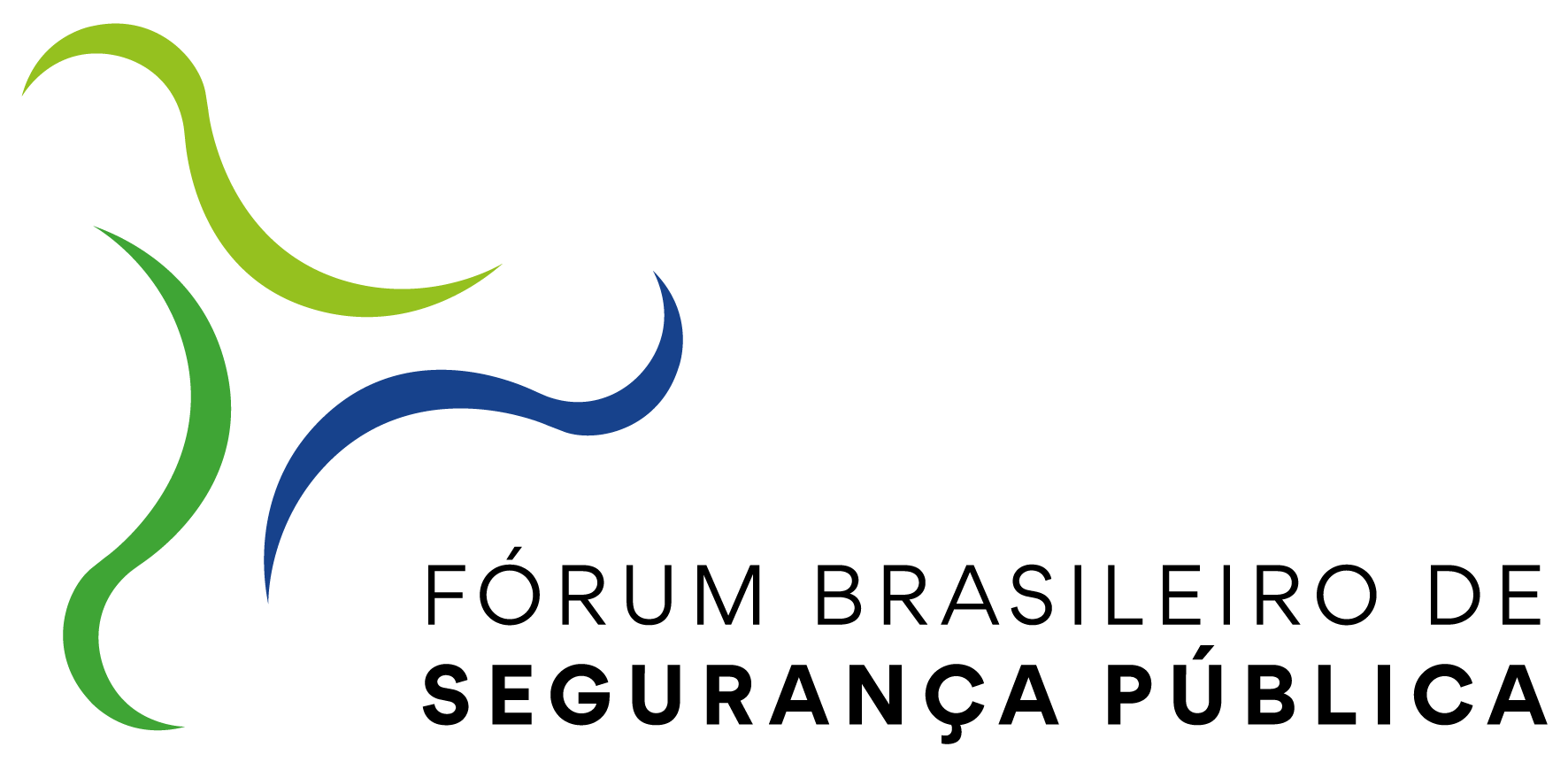Conflicts in undergraduate trainning
the experience of civil-military coexistence in the on line Technologist Course in Public and Social Security at the Fluminense Federal University
DOI:
https://doi.org/10.31060/rbsp.2022.v16.n1.1505Keywords:
University undergraduate training in criminal justice, Civil-military hierarchies coexistence at the University, Conflict Management ProcessesAbstract
This text identifies and discusses the moralities and conflicts arising from the training of professionals in public security careers in the on line Technologist Course in Public and Social Security (criminal justice) learning modality at the Universidade Federal Fluminense. The argument is developed from the authors' ethnographic experience in the creation and coordination of the course and in the management of academic conflicts that arose in the course of its development. The observations were carried out in the first years of the course, from 2013 to 2018. The reflection suggests that the students' estrangement with the University demonstrates the discontinuities of civil-military coexistence, but also allows us to understand the demands for an egalitarian treatment by public security agents inculcated with an excluding hierarchy in their own professional institutions.
Thus, it is not enough to socialize students in republican and democratic rules for them to assume the pedagogical posture of reproducing them in the treatment of citizens who demand their services, but it is necessary that these efforts be accompanied by transformations in the core structures of the public security system's institutions.
Downloads
References
AMORIM, M. S. de; KANT DE LIMA, R.; BURGOS, M. B. (Orgs.). Juizados especiais criminais: Sistema judicial e sociedade no Brasil. Ensaios interdisciplinares. Niterói: Intertexto, 2003.
BARBOSA, R. Oração aos moços. Rio de Janeiro: Casa de Rui Barbosa, 1999.
BERMAN, H. J. Law and revolution: the formation of the Western legal tradition. Cambridge, Massachusetts: Harvard University Press, 1983.
BRASIL. Código de Processo Penal. Decreto-Lei Nº 3.689, de 3 de outubro de 1941.
BRASIL. Constituição (1988). Constituição da República Federativa do Brasil. Brasília/DF: Senado Federal, 1988.
BRASIL. Ministério da Educação. Catálogo Nacional dos Cursos Superiores de Tecnologia. Apresentação.
CONJUR. STF decide que “lei do tutor” do Rio de Janeiro é inconstitucional. Revista Consultor Jurídico, 19 abr. 2021.
DAMATTA, R. Você Sabe Com Quem Está Falando? In: DAMATTA, R. Carnavais, Malandros e Heróis. Para uma sociologia do dilema brasileiro. Rio de Janeiro: Zahar, 1979, p. 139-193.
FIGUEIRA, H. L. M. Tradição do Ensino Jurídico: representações de uma pedagogia do poder. Rio de Janeiro: Autografia, no prelo.
KANT DE LIMA, R. Ensaios de antropologia e de direito: acesso à justiça e processos institucionais de administração de conflitos e produção da verdade jurídica em uma perspectiva comparada. Rio de Janeiro: Lumen Juris, 2009.
KANT DE LIMA, R. Sensibilidades jurídicas, saber e poder: bases culturais de alguns aspectos do direito brasileiro em uma perspectiva comparada. Anuário Antropológico, n. 35, v. 2, p. 25-51, 2010.
KANT DE LIMA, R. Entre as leis e as normas: Éticas corporativas e práticas profissionais na segurança pública e na Justiça Criminal. Dilemas: Revista de Estudos de Conflito e Controle Social, v. 6, n. 4, p. 549-580, out. 2013.
KANT DE LIMA, R. A polícia na cidade do Rio de Janeiro. 3 ed. Rio de Janeiro: Amazon, 2019.
MARSHALL, T. H. Cidadania, classe social e status. Rio de Janeiro: Zahar Editores, 1967.
MARTINS, R. M. Governador do Paraná diz que policiais que estudam tendem a ser mais insubordinados. UOL, Política, Curitiba, 27 abr. 2012.
MIRANDA, A. P. M.; MOTA, F. R. (Orgs.). Práticas punitivas, sistema prisional e justiça. Niterói: EdUFF, 2010.
PAES, V. Crimes, procedimentos e números: estudo sociológico sobre gestão dos crimes na França e no Brasil. Rio de Janeiro: Garamond, 2013.
RODRIGUES, A. ‘A secretaria ficou refém do discurso político de ter 40 UPPs’, diz ex-comandante. O Globo, Política, Rio de Janeiro, 26 ago. 2014.
SANTOS, J. V. T. dos. Dilemas do Ensino Policial: das heranças às pistas inovadoras. Segurança, Justiça e Cidadania: Pesquisas Aplicadas em Segurança Pública, v. 7, p. 11-30, 2014.
SILVA, R. R. da. Entre a caserna e a rua: o dilema do “pato”. Niterói: EDUFF, 2011.
Published
How to Cite
Issue
Section
License
Copyright (c) 2022 Revista Brasileira de Segurança Pública

This work is licensed under a Creative Commons Attribution 4.0 International License.
Licensing
The Brazilian Journal of Public Security uses the Creative Commons License as a form of licensing for its published works. The license used follows the CC BY 4.0 - Attribution 4.0 International model.
To see the permitted rights please go to the full licence or to our Copyright and Licensing page.



